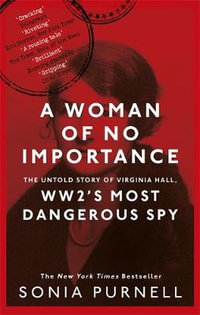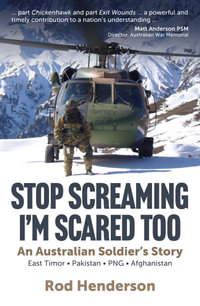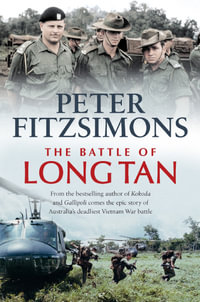Books detailing military music are rare, with books on Scottish military music rarer still. Almost no academic attention has been given to the history of Scottish regimental Pipes and Drums and the essential role they have performed for centuries, both in times of war and peace, in relation to regimental identity, tradition, daily life, morale and esprit de corps. Strike Up, Strike Sure describes, for the first time, the unique, ground-breaking, and distinguished history of one such band; the Pipes and Drums of the London Scottish Regiment. This pipe band, from a Volunteer, Territorial, Reserve regiment located in the Scottish Diaspora in London, has had a profound and direct impact on Scottish military music and pipe band culture and traditions for over 225 years. Drawing on previously unexplored resources from the archives of the London Scottish Regimental Museum, in conjunction with other original research, Duncan de Silva has produced a unique, in-depth historical account of the London Scottish Regiment Pipes and Drums from their foundations within the Highland Armed Association and Loyal North Britons during the Napoleonic Era, through the formation of the London Scottish Regiment in 1859, in to their wartime exploits during the Boer, First and Second World Wars and including their peacetime role and influence throughout the Victorian, Edwardian and modern Elizabethan periods. The book describes the earliest recorded reference to pipers and drummers playing together as a band and the role the initial incarnations of the London Scottish Pipes and Drums played (through their association with the Highland Society of London) in keeping Scottish bagpipe music in general, and military pipe music in particular, alive and in a position to recover after the Jacobite Rebellions. Members of the band recorded the first military bagpipe music in 1898, highlighting the prestigious position of the London Scottish Regiment during the Victorian era, and this status as one of the elite volunteer regiments, influenced the decision to send them into battle at Messines in October 1914 as the first Territorial regiment to enter combat. A detailed description of the roles, responsibilities, and repercussions for the Pipes and Drums throughout the First and Second World Wars is presented, emphasising the importance of each London Scottish battalion pipe band and highlighting the significance of military pipe music for all Scottish regiments in times of war. An in-depth analysis is also made of the role of the Pipes and Drums in times of peace, during the interwar period of 1919 to 1939, as well as the ever-changing position and circumstances for both the London Scottish Regiment and its Pipe Band, post Second World War and through to the current day. The book is illustrated throughout with exceptional colour and black and white images, many of which have never previously been published, vividly bringing to life the details of the text as well as illustrating the routine life, times and personality of the enlisted and civilian pipers and drummers whose story this volume evocatively portrays. 39 colour & 90 b/w illustrations and photographs
























